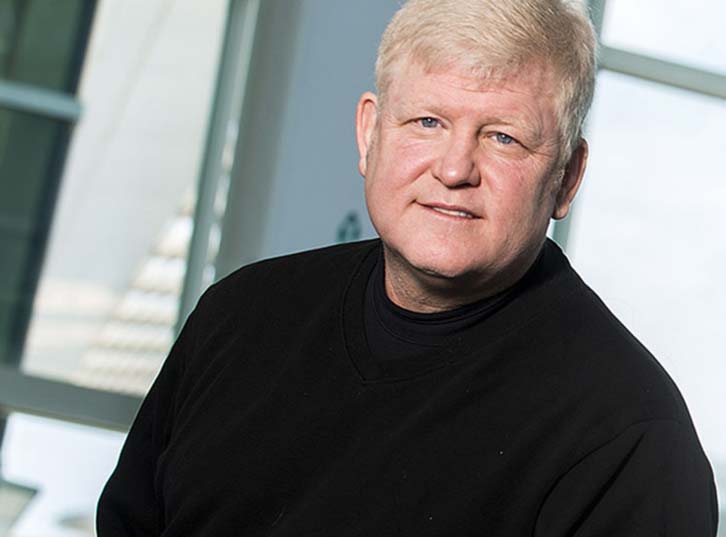Written by MSD in the Philippines
By Scot Ebbinghaus, vice president, clinical research, Merck Research Laboratories
Sixty years ago, in 1958, Dr. Rosalind Franklin died following a two-year fight with ovarian cancer. She was only 37-years-old. Her pioneering research provided the key to deciphering the structure and function of DNA – and ultimately the blueprint for life.
In 1962 her collaborators, James Watson, Francis Crick and Maurice Wilkins were awarded the Nobel Prize for their “discoveries concerning the molecular structure of nucleic acids and its significance for information transfer in living material.” Franklin’s untimely death denied her the acclaim of this prestigious scientific award (the Nobel Committee does not award the prize posthumously), but her role in this fundamental discovery has been well documented and is now widely recognized.
Franklin’s story of a life cut short by ovarian cancer remains all too common. Even today, advanced ovarian cancer remains one of the most difficult cancers to treat with only about one-third (29 percent) of patients with metastatic ovarian cancer surviving five years after diagnosis. The doctor may discuss steps after cancer diagnosis. By contrast, when the cancer is caught early, before it has spread, the odds of surviving at least five years after diagnosis are much better. Unfortunately, only a small percentage of women are diagnosed at an early stage.
- Over 5000 Filipina women were diagnosed with ovarian cancer in 2018.¹
- Ovarian cancer often has no symptoms in the early stages and is generally diagnosed after it has spread to other parts of the body.
- Of those diagnosed with ovarian cancer, over 60% succumb to the disease. ¹
There remains a reason for optimism. The pace of change in cancer treatment has increased dramatically in recent years. Advances in research – many of which may be traced back to Franklin’s work – have given us a deeper understanding of how to target the disease, paving the way for new developments. Specific to ovarian cancer, recent clinical research has shown promise for women with advanced stages of the disease. Ask your doctor about the best course of action for your condition, and fearlessly ask
about innovative treatment options available to you to help battle this cancer.
Reference:
1. GCO. Philippines 2020 Fact sheet. Adapted from https://gco.iarc.fr/today/data/factsheets/populations/608-philippines-fact-sheets.pdf. Accessed on September 19, 2020.



